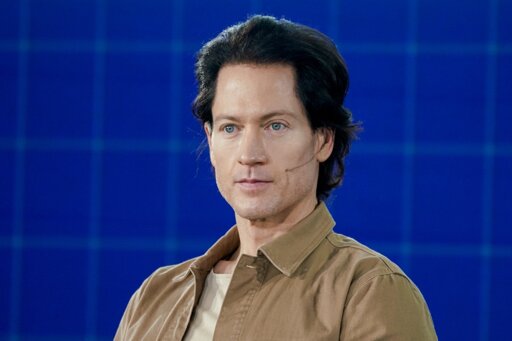- cross-posted to:
- nottheonion@lemmy.world
- cross-posted to:
- nottheonion@lemmy.world
Summary
Bryan Johnson, a 46-year-old tech multimillionaire focused on anti-aging, stopped using rapamycin—a supplement he took for five years—after research suggested it might accelerate aging.
Johnson cited side effects like skin infections and glucose issues, as well as findings from a recent study showing rapamycin could worsen epigenetic aging.
Known for extreme anti-aging experiments, Johnson also created the health startup Blueprint, which markets pricey supplements.
His controversial methods, including teenage blood transfusions and genital shock treatments, have raised skepticism about their effectiveness and safety.



But he’s involving so many variables, is his data even useful? I don’t understand how you could extrapolate anything from a guy who takes so many supplements that may cause conflicting outcomes.
Someone who has a background in science would know that testing on a single person is not very useful for what other posters are wishing for (new proteins, new anti aging treatments).
This billionaire has age dysmorphia and is using his wealth to experiment around. It’s unfortunate really.
I don’t know about “unfortunate”. His “move fast and break things” approach to anti-aging treatments have a good chance of killing him, and having one less dipshit billionaire who thinks he’s brilliant because he’s rich would undoubtedly benefit society as a whole.
That’s a good perspective. I hadn’t thought of it that way.
It’s unethical to experiment on anyone other than yourself, but there’s a reason we can cure so many things in mice, and it isn’t just that they’re a bit simpler. It’s also because they go through a lot of mice.
Yes, because anything that looks promising can be pulled out as a hypothesis to be tested properly.